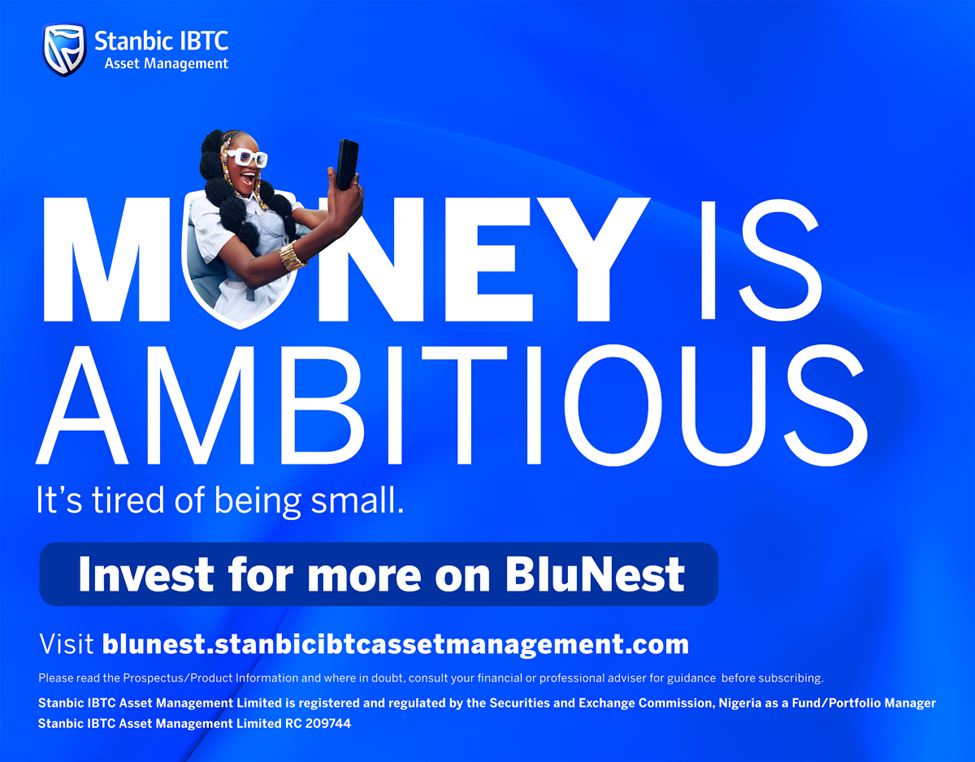Preaches making the invisible visible
Benjamin Omoike l Monday, November 04, 2019
LAGOS, Nigeria – President and Chief Executive Officer of MasterCard Foundation, Reeta Roy, has stated that Africa has the potential to become the world’s workforce. According to her, by 2030, 375 million young Africans will have entered labour markets.
“The future of work may be the defining issue of our time. Africa will fast become the world’s workforce. 375 million young Africans will enter labour markets by 2030. The question of how they will find meaningful, dignified livelihoods is on the mind of every young person, every parent, and every President.
‘The continent’s youthful dynamism is poised to make this an African century. But helping this rising generation fulfill that promise will require transformation – not only of particular economic sectors, but of how we think about work itself,” she said.
Roy stressed that the nature of work is changing – fast, saying there is need to keep pace. She added that it will not be enough to focus only on the traditional image of formal, white-collar work in established sectors for established firms or the government. Instead, she says, it will be important to reckon with how young Africans actually work today and how they are most likely to find work tomorrow.
She says the major challenge facing young Africans today, is fulfilling their potential by turning the numerous opportunities that abound to realities. The CEO believes the question on the lips of leaders and employers alike, should be how to make the invisible visible and how to help young Africans create work where it did not exist before.
“The good news is that work – hard work that can earn respect and money – is all around us. The challenge is that too often these possibilities remain invisible and therefore go unexplored. How, then, do we make the invisible visible? How do we to help young Africans create work where it did not exist before?
“Making the invisible means supporting young people like the urban farmers I met in the Kibera section of Nairobi. Instead of lamenting the difficulties of bringing fresh vegetables to city dwellers, Purity Kendi and Phenny Omondi saw a huge untapped market to make money, create work, and deliver safe, fresh vegetables for their community by starting an urban farm.
“In five months, they went from dirt and dreams to a thriving business. The two young farmers, who are Mastercard Foundation Scholar alumni and are now our partners in the field, have already broken ground on new sites. They have trained over 100 women and young people, many eager to follow their lead into urban farming.
“Purity and Phenny changed the frame of what we traditionally envision as ‘work’. This means considering not just salaried jobs, but a wide spectrum of activities: entrepreneurial startups, self-employed tradesmen and women, the digitalistion of entire industries, part-time farming, and combining multiple income streams to make ends meet. Alongside salaried jobs, all will be essential aspects of the future of work and should be part of our strategies today.”
“Making the invisible visible requires everyone engaged in shaping Africa’s economic future to be at once more pragmatic and more imaginative. For example, it means treating gaps in African economies not as reasons to trim one’s ambitions but as opportunities for entrepreneurship and ‘leapfrogging’ innovation. It means seeing not just the value of existing work but the potential additional commercial and social opportunities around it.” Roy emphasises the need to draw on technology.
“Often these work-creating innovations draw on technology. Because, just as our lives are becoming digital, so is work. Every occupation involves technology – from construction to sales, carpentry to nursing. Across Africa, there is an insatiable demand for young people with digital skills. Digitisation in Africa’s businesses can create new businesses and entire new sectors, as work begets work and opportunity begets opportunity. But that will only happen if people have access to information, knowledge, and skills.
“There can be a thousand more stories like Purity and Phenny’s. But, only if we invest in Africa’s greatest natural resource: the limitless talents of its young men and especially its young women. To that end, we at the Mastercard Foundation have set the goal, in partnership with African organisations and young people, to co-create strategies that will help 30 million people across Africa to find dignified, fulfilling work over the next decade.
“There is no silver bullet, but success is closer than it might seem. There are opportunities all around us. We just need to make them visible and real – and give young people the tools to do the rest,” she concluded.



